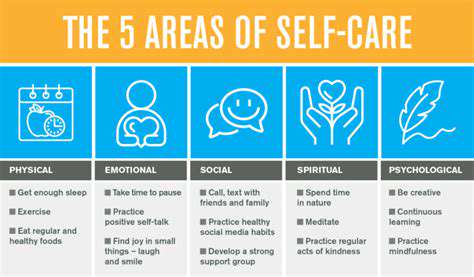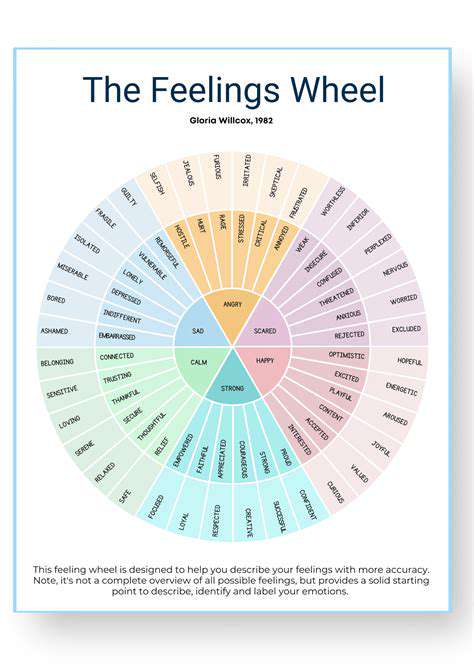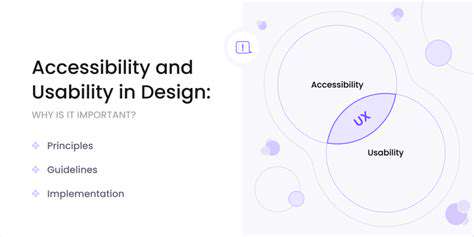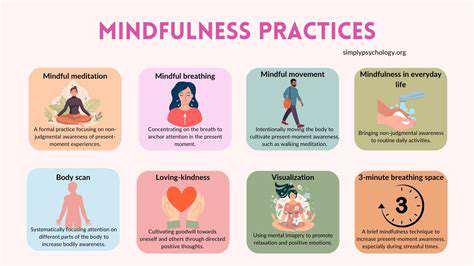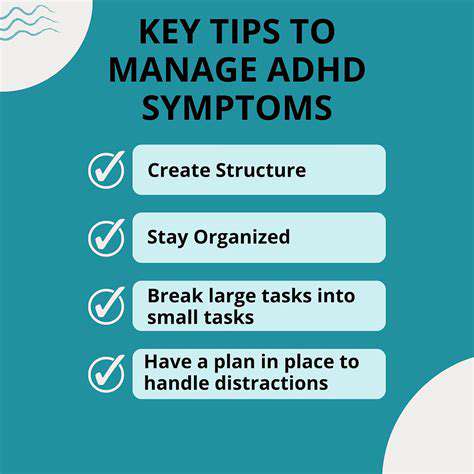The Importance of Self Care for Caregivers
Understanding the Demands of Caregiving
When someone takes on the role of caregiver for a family member or loved one, they often don't realize how consuming it can become. The responsibilities stretch far beyond simple tasks - they encompass emotional labor, logistical coordination, and constant vigilance. This invisible workload creates a perfect storm for exhaustion, as caregivers frequently put their own needs last while managing medications, appointments, and daily challenges for their loved ones.
What many fail to anticipate is how caregiving reshapes every aspect of life. Social connections fray as caregiving demands increase, careers often get put on hold, and personal time becomes a distant memory. The cumulative effect of these sacrifices creates profound stress that manifests both physically and emotionally over time.
Recognizing the Signs of Caregiver Burnout
Burnout doesn't announce itself with dramatic fanfare - it creeps in gradually through subtle but persistent changes. You might notice shorter patience with loved ones, difficulty remembering simple things, or a strange reluctance to answer phone calls. These quiet shifts often get rationalized away as temporary fatigue, when in reality they signal deeper systemic issues.
The body keeps score in ways we often ignore. Persistent headaches, unexplained weight changes, or frequent illnesses serve as physical manifestations of emotional strain. When caregivers dismiss these warning signs, they risk reaching a breaking point that affects their ability to provide care at all.
The Importance of Prioritizing Self-Care
Self-care isn't selfish - it's the foundation of sustainable caregiving. Just as flight attendants instruct parents to secure their own oxygen masks first, caregivers must maintain their wellbeing to effectively support others. This means recognizing that personal needs aren't optional extras, but essential maintenance for the complex work of caregiving.
Simple acts of self-preservation create ripple effects. When caregivers honor their need for rest, connection, or creative expression, they return to their responsibilities with renewed perspective. This refreshed energy translates directly into higher quality care and more positive interactions with those who depend on them.
Practical Strategies for Incorporating Self-Care
Building sustainable self-care practices requires creativity within constraints. Maybe it's listening to an uplifting podcast while preparing medications, or practicing deep breathing during waiting room downtime. The key lies in weaving small restorative moments throughout the day rather than waiting for elusive perfect breaks.
Community support makes all the difference. Local caregiver groups provide validation and practical tips, while online forums offer connection at odd hours. Even modest delegation - perhaps a neighbor handling grocery runs - creates breathing room that prevents complete exhaustion.
Seeking Professional Support When Needed
There's profound wisdom in recognizing when to ask for help. Therapists specializing in caregiver stress offer tailored coping strategies, while social workers can navigate complex benefit systems. Professional support isn't a last resort - it's a proactive investment in the caregiver-care recipient relationship.
Medical professionals increasingly recognize caregiver health as integral to patient outcomes. Regular check-ins with primary care providers can catch stress-related health issues early, while support groups provide emotional first aid during challenging seasons.
Beyond the Basics: Prioritizing Physical Well-being
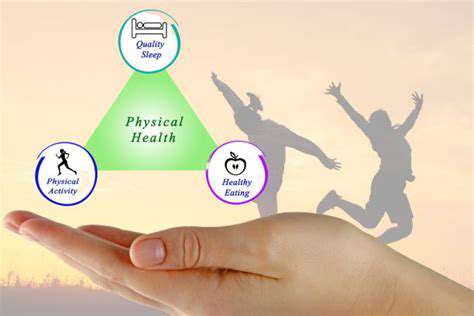
Prioritizing Personal Productivity
True productivity isn't about checking off endless tasks - it's about aligning daily actions with deeper priorities. The most effective caregivers learn to distinguish between urgent demands and truly important investments in their wellbeing and their loved one's quality of life.
Energy management proves more valuable than time management for caregivers. Tracking natural rhythms helps identify peak focus times for complex tasks versus lower-energy windows suitable for routine activities. This biological awareness prevents wasted effort and frustration.
Techniques for Effective Task Prioritization
The Eisenhower Matrix takes on new relevance in caregiving contexts. Some medical decisions require immediate attention (quadrant I), while many administrative tasks can be scheduled (quadrant II) or delegated (quadrant III). Learning to categorize reduces decision fatigue during already stressful days.
Applying the 80/20 rule reveals surprising insights. Often a few key interventions - like ensuring proper hydration or consistent medication timing - yield disproportionate health benefits compared to numerous minor efforts. Identifying these high-impact actions creates more manageable routines.
Time Management Strategies for Optimal Output
Visual planning tools adapt well to caregiving scenarios. Color-coded medication charts, shared family calendars, and symptom tracking apps transform chaotic information into manageable systems. These concrete representations reduce mental clutter and prevent oversight.
The Swiss cheese method - poking small holes in large tasks - proves invaluable. Spending just five minutes organizing medical documents or prepping tomorrow's medications creates progress momentum. These micro-achievements build confidence during overwhelming periods.
The Impact of Procrastination on Productivity
Procrastination often signals emotional overload rather than laziness. Postponing difficult conversations about care needs or avoiding financial planning frequently stems from fear rather than poor time management. Addressing these emotional barriers unlocks greater productivity than any scheduling hack alone.
The exhaustion-procrastination cycle particularly affects caregivers. When depleted, even simple tasks feel insurmountable, leading to avoidance that compounds stress. Breaking this pattern requires addressing root causes of fatigue rather than just surface-level time management.
Beyond Task Completion: Prioritizing Well-being
Sustainable caregiving requires viewing personal health as non-negotiable infrastructure. Just as hospitals prioritize staff wellbeing to ensure patient safety, family caregivers must treat their own physical and mental health as essential to quality care.
Micro-restoration practices make wellbeing achievable amid constraints. Twenty seconds of mindful breathing while waiting for the tea kettle, gentle neck stretches during TV commercials, or savoring a square of dark chocolate all contribute to cumulative stress reduction without requiring elaborate self-care routines.
Read more about The Importance of Self Care for Caregivers
Hot Recommendations
- AI Driven Personalized Sleep Training for Chronic Insomnia
- AI Driven Personalization for Sustainable Stress Management
- Your Personalized Guide to Overcoming Limiting Beliefs
- Understanding Gender Dysphoria and Mental Health Support
- The Power of Advocacy: Mental Health Initiatives Reshaping Society
- Building a Personalized Self Compassion Practice for Self Worth
- The Ethics of AI in Mental Wellness: What You Need to Know
- AI Driven Insights into Your Unique Stress Triggers for Personalized Management
- Beyond Awareness: Actionable Mental Health Initiatives for Lasting Impact
- Creating a Personalized Sleep Hygiene Plan for Shift Workers
